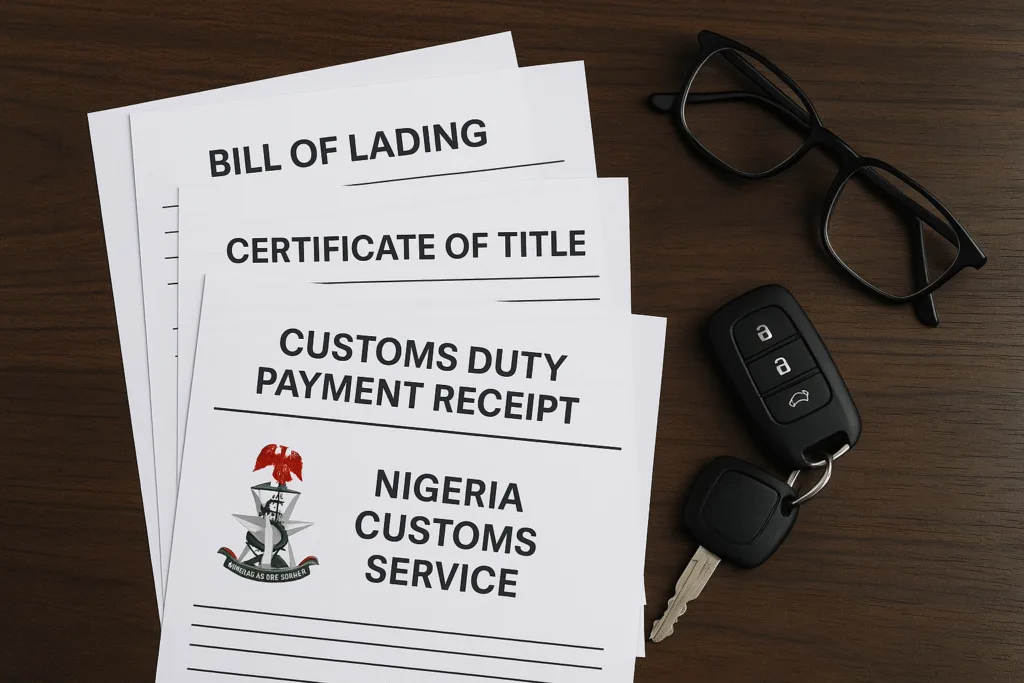
Customs duty is a tax imposed by the Nigerian government on goods imported into the country. When it comes to cars, this duty is charged to regulate the influx of vehicles, protect local industries, and generate government revenue. The rate of customs duty on vehicles varies depending on factors such as the type of car, engine capacity, age, and whether the car is new or used.
The Impact of Customs Duty on Car Prices
One of the most significant effects of customs duty is the increase in the overall cost of imported cars. Since the duty is calculated based on the value of the vehicle and other associated import costs, it directly adds to the final price a buyer pays. Importers often pass these additional costs to consumers, making cars more expensive than their original prices abroad.
For example, if a car is purchased overseas for a certain amount, the customs duty, along with other charges like VAT and import processing fees, can add a substantial percentage to that price. This makes owning imported cars in Nigeria more costly compared to some other countries.
How Different Factors Influence Customs Duty Rates
Several factors influence how much customs duty you pay on a car in Nigeria:
- Age of the Vehicle: Newer cars usually attract higher duties compared to older vehicles. The government sometimes imposes higher taxes on brand-new cars to encourage the use of locally assembled or older vehicles.
- Engine Capacity: Cars with larger engines often incur higher customs duties. This measure aims to discourage the importation of fuel-inefficient vehicles.
- Type of Vehicle: Commercial vehicles, personal cars, and motorcycles each have different duty rates.
- Vehicle Origin: Sometimes, cars imported from certain countries may benefit from trade agreements or face different tariffs.
Government Policies and Their Role
The Nigerian government regularly updates customs duty policies to address economic goals. For instance, in an effort to support local automobile manufacturing, the government may increase duties on fully built imported cars while offering incentives for completely knocked down (CKD) kits that are assembled locally.
These policies directly affect car prices by either increasing the cost of fully imported vehicles or encouraging buyers to opt for locally assembled alternatives, which might be more affordable.
Effects on the Nigerian Car Market
The customs duty system shapes the car market in Nigeria in several ways:
- Price Inflation: High duties lead to increased car prices, which might limit affordability for many consumers.
- Market Preferences: Buyers may prefer older or used cars with lower import duties, affecting the types of vehicles commonly seen on Nigerian roads.
- Smuggling and Illegal Importation: Excessive duties sometimes encourage unofficial import channels, which can undermine government revenue and vehicle safety standards.
Tips for Buyers Considering Imported Cars
If you are planning to buy an imported car in Nigeria, keep these points in mind:
- Research the applicable customs duty rates for the specific car model and age.
- Factor in additional costs such as VAT, port charges, and clearing fees.
- Consider buying locally assembled cars if budget constraints are significant.
- Use reputable importers to avoid getting scammed, hidden fees or legal complications.
